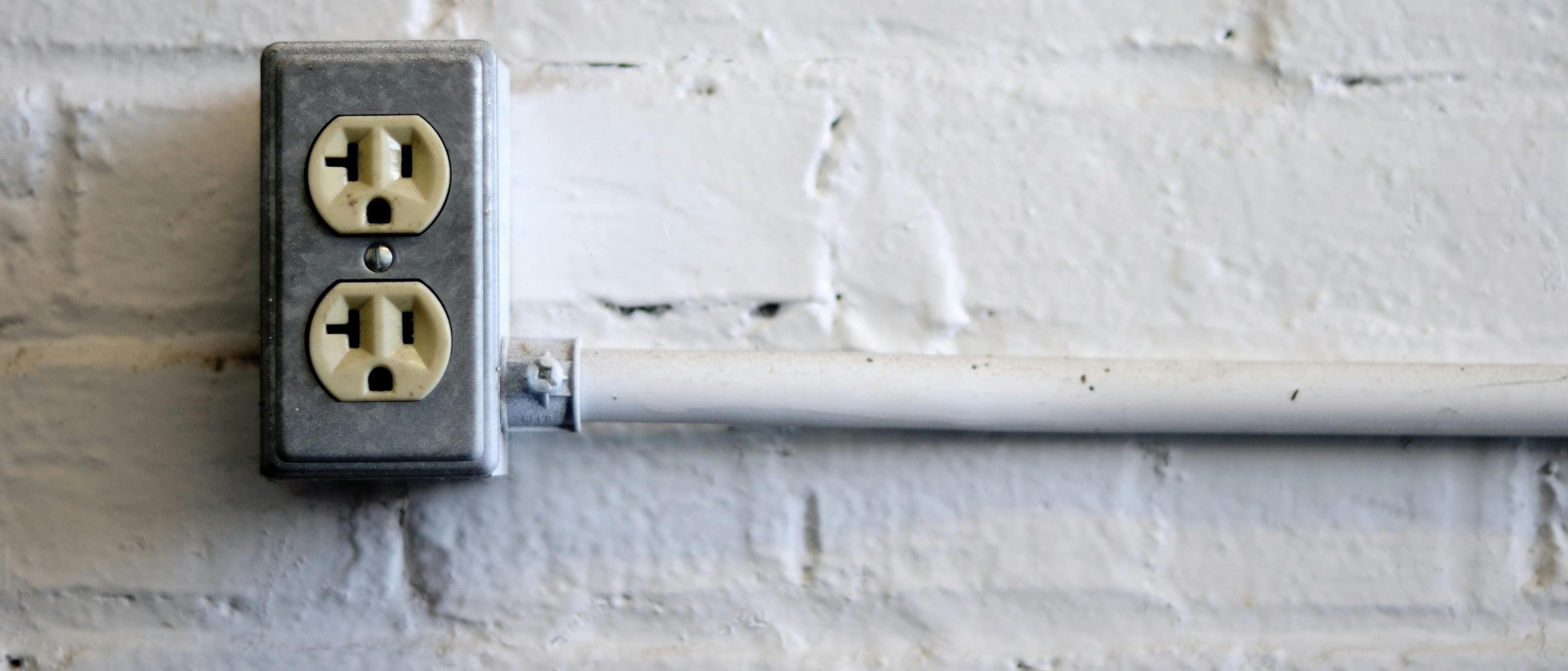
Winter is officially here, and if you live in a northern state, you're gearing up for a few more months of cold and possibly snowy weather. One of the worst parts of winter weather is the power outages that can sometimes occur as the result of snow or power overload. A generator ensures that your tenants' rights are being met by keeping them warm and ensuring that appliances run until the power comes back on. Wondering how to choose a generator to prevent winter power outages? Here's what landlords should know.
Which Generator Size Do You Need?
The first step in figuring out how to choose a generator for your property is to consider the size. When you talk about the size of a generator, you're not talking about its physical dimensions—you're referring to the amount of power that it can generate.
What will you need to run when the power goes out? Here's a list of appliances that you may need to run. Keep in mind these numbers will vary by the make and model of your appliances:
- You need approximately 600 watts to power a refrigerator
- You need anywhere from 750 to 1500 watts to power a sump pump
- You need approximately 1500 watts to power a portable heater
- Lights will need anywhere from 60 to 600 watts, depending on your light fixtures
- You will need between 60 and 300 watts of power to run your computer
You'll need to determine your overall power needs beforehand to make it easier to choose a generator for your property.
Which Type of Generator Do You Need?
Generators come in two types: portable and standby.
Portable generators: These models are easy to move between locations. They are smaller than standby generators and usually have wheels to facilitate movement. Portable generators do have to be turned on manually in the event of a power outage. They're less expensive than the larger standby generators. They're only available up to 12,000 watts, but they're still extremely useful for emergencies.
Standby generators: These are stationary and are designed to turn on automatically as soon as the power goes out. They are more expensive than portable generators—costing between $5,000 and $15,000—but the more expensive models are available in up to 30,000 watts, large enough to potentially power your entire house during a power outage.
What Kind of Fuel Do Generators Use?
Both portable and standby generators can use a variety of different fuel sources.
Portable generators will usually run on gasoline or diesel fuel, so consider the cost of fuel when you purchase your generator. Diesel is usually more expensive than gasoline, but it may be more available during an emergency. For example, most gas stations in Florida ran out of gasoline as Hurricane Irma was bearing down on the state.
Standby generators can run on gas or diesel, but they're more likely to run on propane or natural gas. This makes it easier for the generator to kick on when the power goes out—you can store both propane and natural gas for long periods without worrying about the quality of the fuel degrading. The only problem with this is that large amounts of propane and natural gas need to be delivered professionally, and you may not be able to get your tanks refilled in the midst of a blizzard.
What's the Best Generator for Your Needs?
In determining how to choose a generator for your property, you should ask yourself the following questions:
- Are my properties in a place that gets frequent power outages during the winter?
- What is my budget for fuel?
- Do my properties need full power during an outage, or can I supply basic power (i.e. phones, fridge, lights, and heat)?
- How many appliances will need power during the outage?
Once you've answered these questions, you'll have a better idea of the kind of generator you need. If you just want to charge your phone and power your fridge and portable heater during a power outage, you probably won't need more than a portable generator. If you need more power, or have properties in an area that loses power frequently during the winter, a standby generator is probably the best option for you.
Generators can be an invaluable tool for keeping food fresh, homes warm, and your clients happy during wintertime blackouts. Just make sure that you get one that has enough wattage to power necessary appliances during a power outage, and you'll be prepared for the cold winter months.
